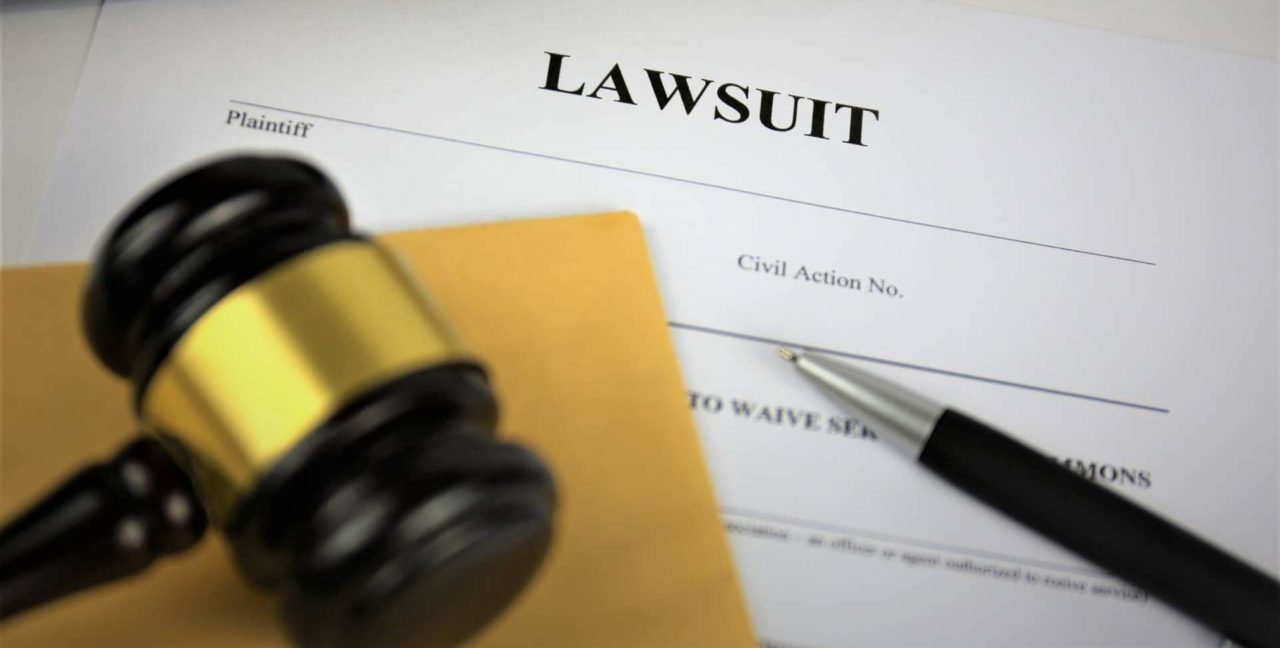There are two court systems, (Small Claims Court and Superior Court), available for lawsuits to be commenced to seek money for injuries you sustained, whether caused by a motor vehicle accident, medical malpractice, a slip and fall, a dog bite, or other incidents in which you were injured.
In both Court systems, a Summons and Complaint are prepared, laying out the essential elements of your case, given to an “indifferent person” (usually a State Marshal) for service on the Defendant(s), and then timely returned to Court. There are rules that apply to each of these processes that a lawyer can assist in making sure the timing and rules are followed.
Small Claims Court has a limit of recovery of $5,000.00. If you bring your case to Small Claims Court, which is set up to be utilized by individuals without necessarily hiring an attorney, and you are successful in the case, the Court can only award a maximum of $5,000.00. As an attorney, I do not recommend you pursue your claim for injuries in Small Claims Court for this reason.
In Superior Court, there is no limit to the amount you can obtain as compensation for your injury. At trial, the judge explains to the jury that the award of money to compensate for your injuries should be “fair, just and reasonable”. There is no mathematical formula that applies.
I am available to consult with you, free of charge, to talk to you about your case and the procedure and requirements to start your lawsuit. Remember that Connecticut has Statutes of Limitations that apply to your injury case. Generally speaking, your lawsuit must be filed no later than two years from the date you were injured, or your right to pursue the case may be barred. There are exceptions to this general rule. It is always advisable to speak with an attorney as soon as possible after your injury to protect your rights, investigate the claim, and commence a timely lawsuit on your behalf when appropriate.

